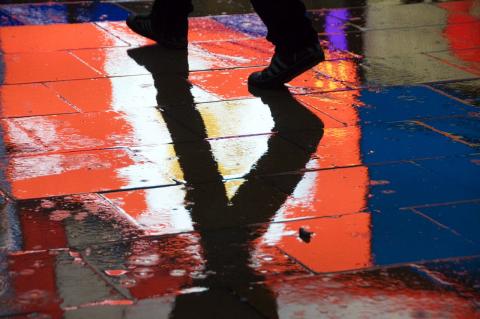Pavlos Mastiki talks about his experience of using photography as part of therapy sessions after his stem cell transplant.
I used to be a real adventurer, travelling around the world and taking photos as I went.
Travel photography was a big part of my life and my identity. However, in 2010 I had a stem cell transplant and I’ve had some post-transplant complications which have really limited what I can do.
This has created a lot of anxiety about my identity, my ability and confidence to do things, my relationships, and my mortality itself. One thing that has helped me to manage my feelings has been phototherapy.
It’s a form of psychotherapy that required me to take photos and discuss them in my therapy sessions at St Bartholomew's hospital. The photos acted as a catalyst to talk about my feelings.
Phototherapy taught me to focus on what I can do rather than what I can't do. It also helped me talk through my anxieties and worries so that they didn’t become worse.
I took this sunset photo in Brighton when visiting my family. It has similarities to photos that I used to take during my adventurous trips beyond Europe.
I realised that I can enjoy photography locally and this helped me focus on the positives in all aspects of my life.
This photo represents my youth and health being taken over by medicine, expressing my sense of loss.
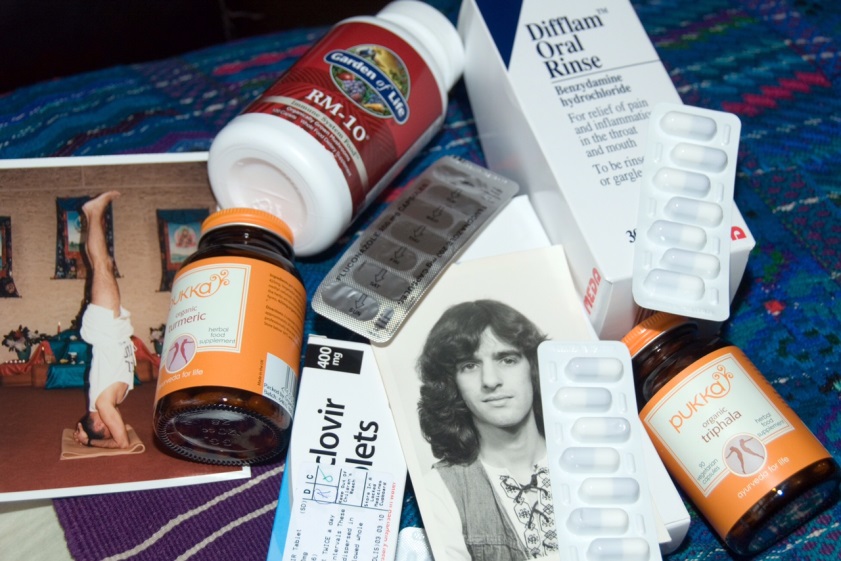
Juxtaposing a photo of myself in a confined hospital space next to beautiful landscape shot in South America helped me come to terms with how my life has changed.
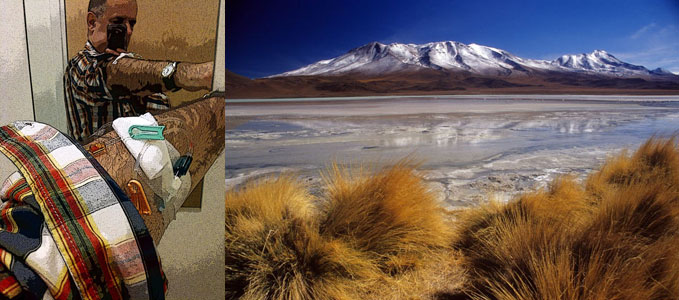
Taking photos of lone figures helped me to talk about anxieties about being left alone. I’ve developed my skills to use the camera to express my feelings rather than just taking aesthetically pleasing travel shots.
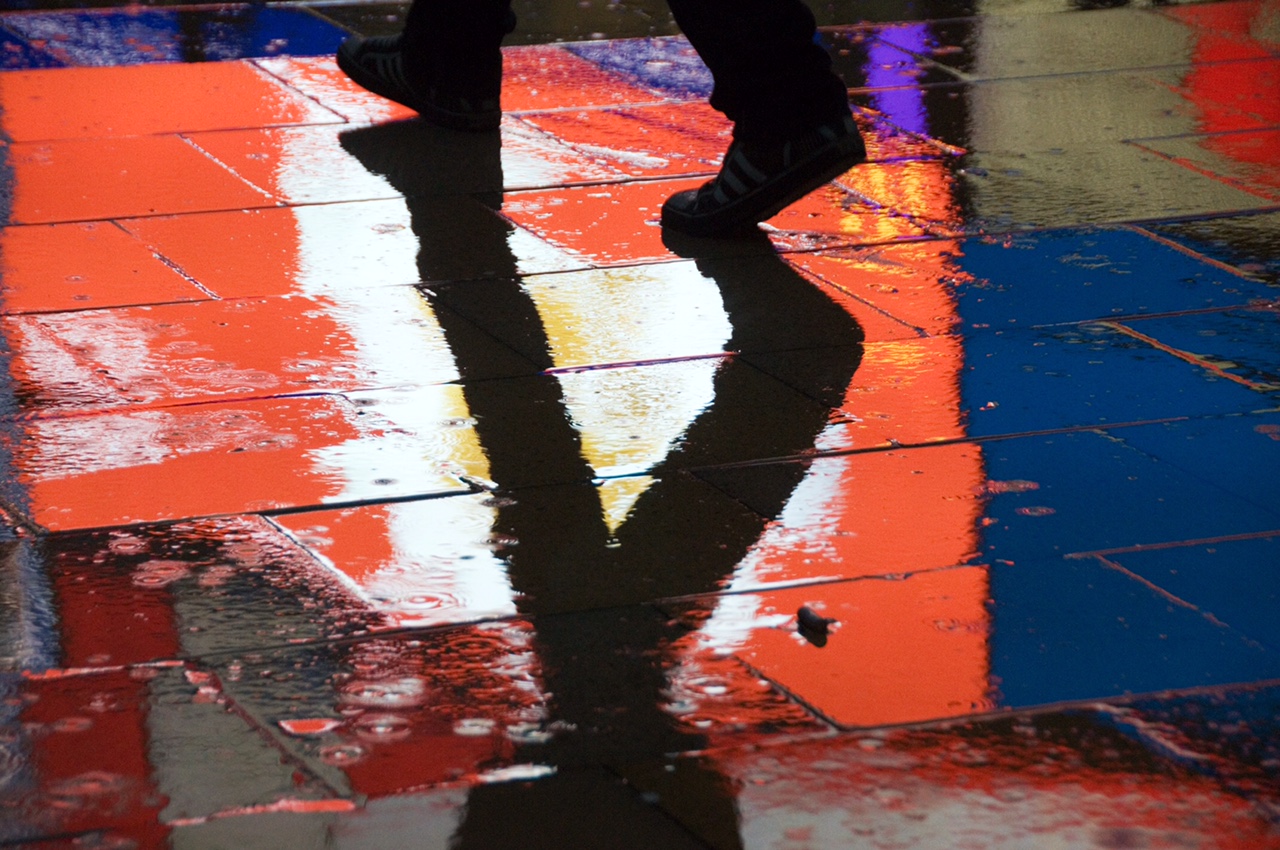
I was beginning to feel useless because I was not able to work, but this process actually helped me develop new skills.
When I go to appointments at either Guys or St Bartholomew's hospitals, I sometimes post dynamic photos of places like the Shard or St Paul’s Cathedral, that are nearby, as if I’m a tourist.
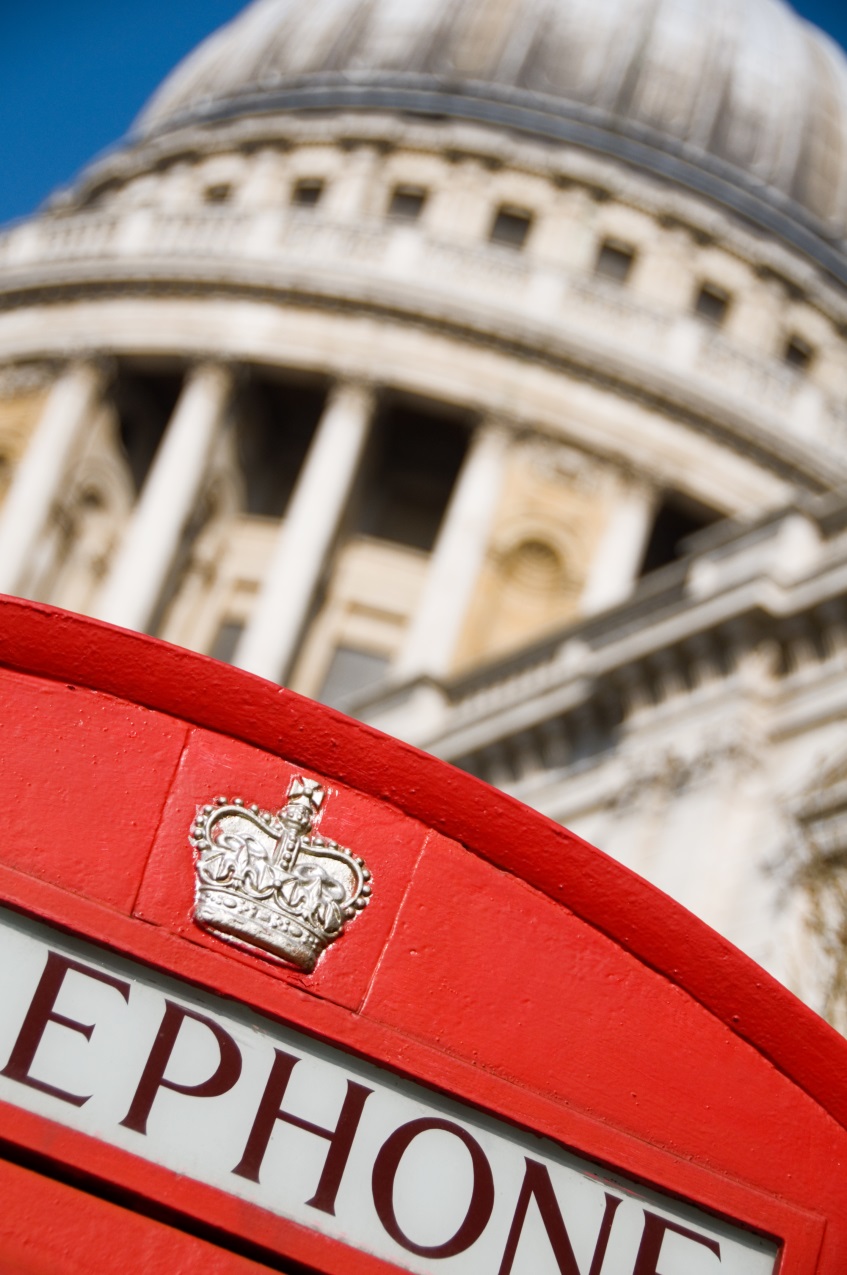
This has helped me think of it as a mini day out and stay positive.
Phototherapy helped me retain part of my former identity as a travel photographer. It helps me to focus on myself as a human with diverse interests, rather than feeling depressed in cancer victim mode.
It’s great that people are now living longer after a stem cell transplant, but some people, like me, do face chronic health problems. Inevitably, we need more services to help us cope with this emotionally.
I still get stressed and anxious about my health; phototherapy is no miracle cure. What it has done is taught me to accept my new limitations and embrace them in a positive way. It helps to relieve some of my anxieties and I’m more positive for at least some of the time, which is so much better than not at all.
Have you had a stem cell or bone marrow transplant? Get information and support on our website here.
